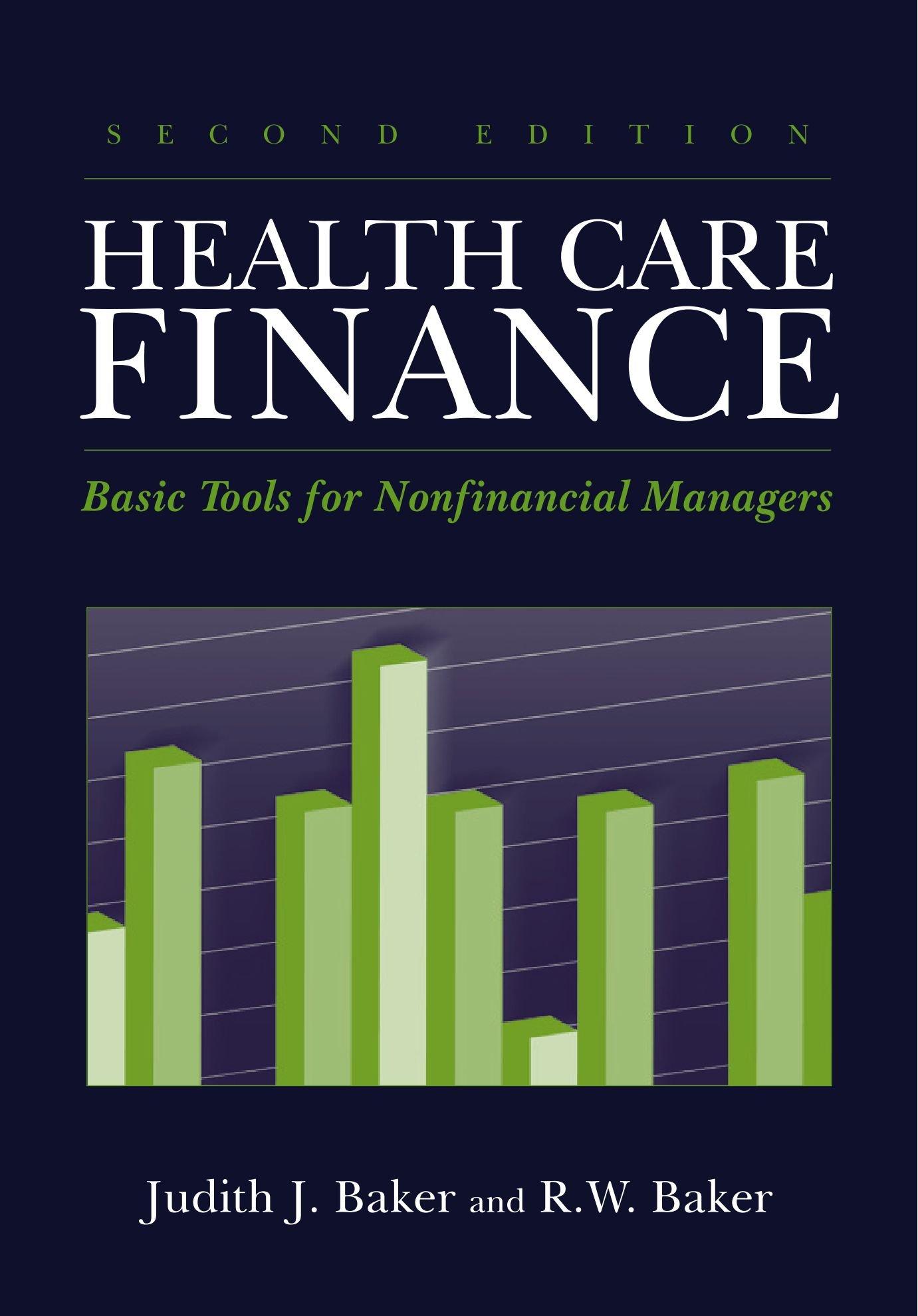

Baker Street. Arthur Doyle is a currency trader for Baker Street, a private investment house in London. Baker Street's clients are a collection of wealthy private investors who, with a minimum stake of 250,000 each, wish to speculate on the movement of currencies. The investors expect annual returns in excess of 25%. Although officed in London, all accounts and expectations are based in U.S. dollars. Arthur is convinced that the British pound will slide significantlypossibly to $1.3200/in the coming 30 to 60 days. The current spot rate is $1.4263/ . Arthur wishes to buy a put on pounds which will yield the 25% return expected by his investors. Which of the following put options, would you recommend he purchase? Prove your choice is the preferable combination of strike price, maturity, and up-front premium expense. Because his expectation is for "30 to 60 days" he should confine his choices to the 1-day options to be sure and capture the timing of the exchange rate change. (Select from the drop-down menu.) The return on investment (ROI) at the strike price of $1.36/ is %. (Round to the nearest integer.) The return on investment (ROI) at the strike price of $1.34/ is % (Round to the nearest integer.) The return on investment (ROI) at the strike price of $1.32/ is % (Round to the nearest integer.) Arthur should purchase the 60-day option at strike price $ /. (Select from the drop-down menu.) . Data Table (Click on the icon 2 to import the table into a spreadsheet.) Strike Price Maturity Premium $1.36/ 30 days $0.00081/ $1.34/ 30 days $0.00021/ $1.32/ 30 days $0.00004/ $1.36/ 60 days $0.00333/ $1.34/ 60 days $0.00153/ $1.32/ 60 days $0.00062/ Print Done Baker Street. Arthur Doyle is a currency trader for Baker Street, a private investment house in London. Baker Street's clients are a collection of wealthy private investors who, with a minimum stake of 250,000 each, wish to speculate on the movement of currencies. The investors expect annual returns in excess of 25%. Although officed in London, all accounts and expectations are based in U.S. dollars. Arthur is convinced that the British pound will slide significantlypossibly to $1.3200/in the coming 30 to 60 days. The current spot rate is $1.4263/ . Arthur wishes to buy a put on pounds which will yield the 25% return expected by his investors. Which of the following put options, would you recommend he purchase? Prove your choice is the preferable combination of strike price, maturity, and up-front premium expense. Because his expectation is for "30 to 60 days" he should confine his choices to the 1-day options to be sure and capture the timing of the exchange rate change. (Select from the drop-down menu.) The return on investment (ROI) at the strike price of $1.36/ is %. (Round to the nearest integer.) The return on investment (ROI) at the strike price of $1.34/ is % (Round to the nearest integer.) The return on investment (ROI) at the strike price of $1.32/ is % (Round to the nearest integer.) Arthur should purchase the 60-day option at strike price $ /. (Select from the drop-down menu.) . Data Table (Click on the icon 2 to import the table into a spreadsheet.) Strike Price Maturity Premium $1.36/ 30 days $0.00081/ $1.34/ 30 days $0.00021/ $1.32/ 30 days $0.00004/ $1.36/ 60 days $0.00333/ $1.34/ 60 days $0.00153/ $1.32/ 60 days $0.00062/ Print Done








